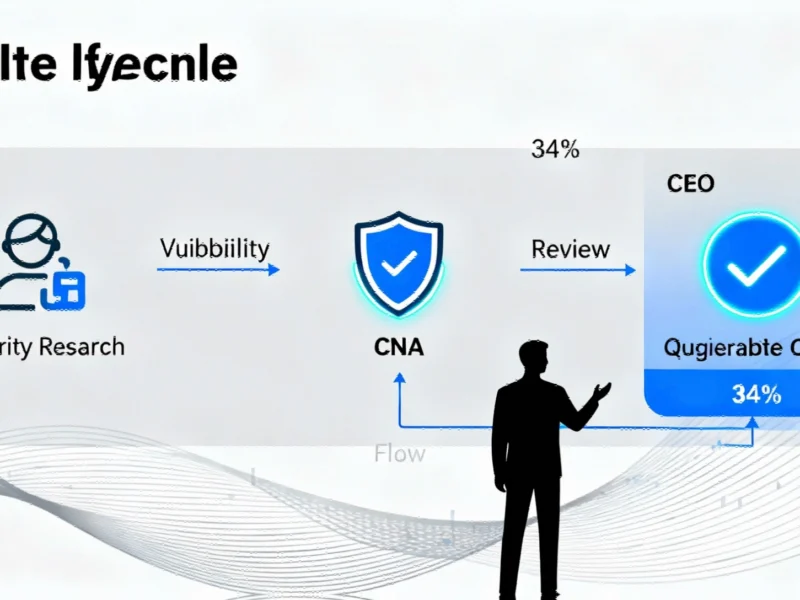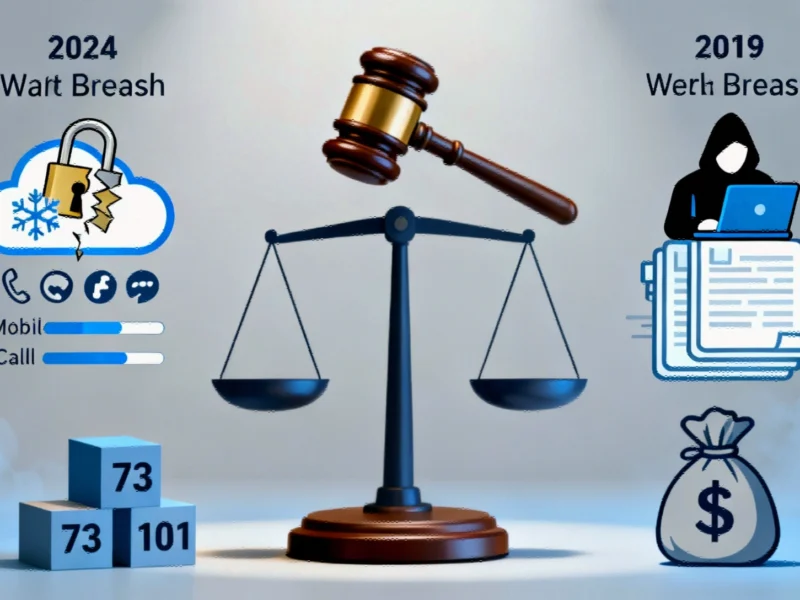Windows 11 AI Security Framework Takes Shape
Microsoft has detailed its security strategy for AI agents operating within Windows 11 environments as the company transitions PCs toward what it describes as “AI PCs” with expanded Copilot capabilities. According to reports, the software giant is implementing multiple security layers to address privacy concerns surrounding AI agents that interact with personal data and applications.
Copilot Actions: From Passive Assistants to Active Collaborators
The upcoming Copilot Actions platform represents a significant evolution in Microsoft’s AI approach, transforming agents from passive assistants into active digital collaborators. Sources indicate these agents will use vision and advanced reasoning to interact with applications and files similarly to human users, performing tasks like document updates, file organization, and email management.
“This transforms agents from passive assistants into active digital collaborators that can carry out complex tasks for you to enhance efficiency and productivity,” Microsoft corporate vice president of Windows Security Dana Huang explained in the announcement.
Opt-In Security and Limited Access Controls
The security framework begins with an opt-in requirement for Copilot Actions, which will initially appear as an experimental mode through the Windows Insider Program. During the preview phase, analysts suggest the agent will have access to a limited set of local folders including Documents, Downloads, Desktop, and Pictures, plus other resources accessible to all accounts on the system.
Microsoft states that standard Windows security mechanisms like access control lists (ACLs) will help prevent unauthorized use. Only when users provide explicit authorization can Copilot Actions access data outside these designated folders, according to the company’s security documentation.
Security Principles for AI Agent Governance
Microsoft has established what it describes as a “strong set of security principles” to ensure AI agents operate safely within the personal computer environment. The framework includes:
- User Control: Agents must obtain explicit user consent before taking actions
- Transparency: Clear indication when agents are active and undertaking tasks
- Privacy Protection: Implementation of data minimization and local processing where possible
- Security Integration: Leveraging existing Windows security infrastructure
Building on Existing Security Infrastructure
The security approach builds upon earlier work securing the Model Context Protocol that underlies these AI agents. As David Weston wrote about securing the Model Context Protocol in May, establishing secure foundations has been a priority throughout development.
Microsoft reportedly plans to introduce additional “building blocks” including Entra and MSA identity support in future updates. The company will share more detailed information about agent security at its Ignite conference in November, according to the latest Windows security announcement.
Industry Context and Development Resources
The development comes alongside other significant industry movements in AI security and open-source initiatives. Recent reports indicate growing attention to AI security frameworks across the technology sector, with companies implementing various approaches to agent security and workspace management.
This security-focused AI development aligns with broader industry trends, including moves toward transparency such as NordVPN’s decision to open-source its Linux GUI client and significant investments in AI technologies like the gaming platform AI spinoff that secured historic $134M funding. Meanwhile, companies like Anthropic continue advancing their AI capabilities with new features, and international technology relationships continue evolving as ministers plan high-level visits to China despite geopolitical complexities.
Microsoft’s approach to AI agent security represents a critical development in making advanced AI capabilities safely accessible to Windows users while maintaining the privacy and security standards expected from modern computing platforms.
This article aggregates information from publicly available sources. All trademarks and copyrights belong to their respective owners.



